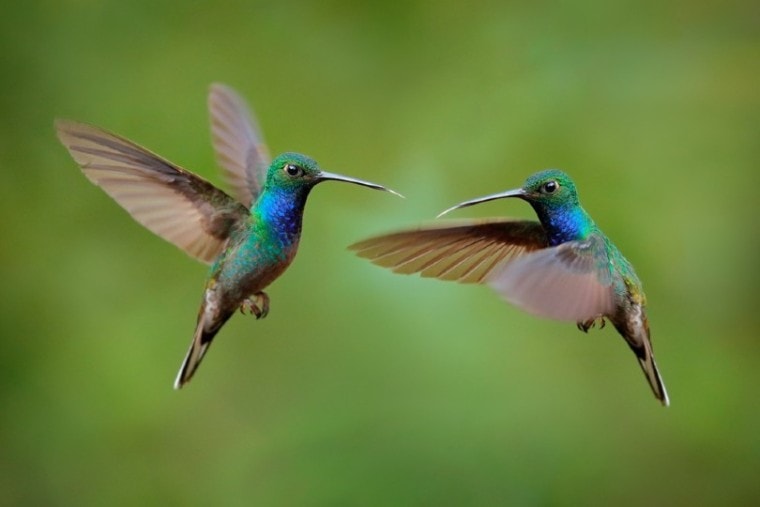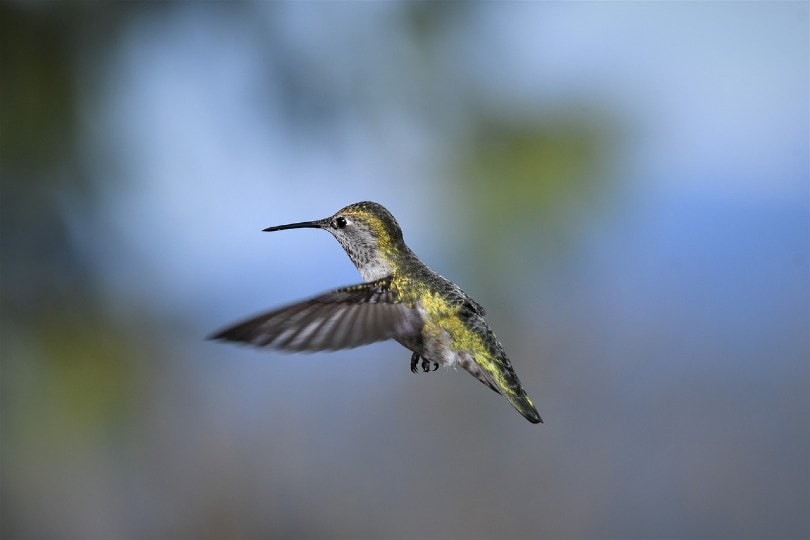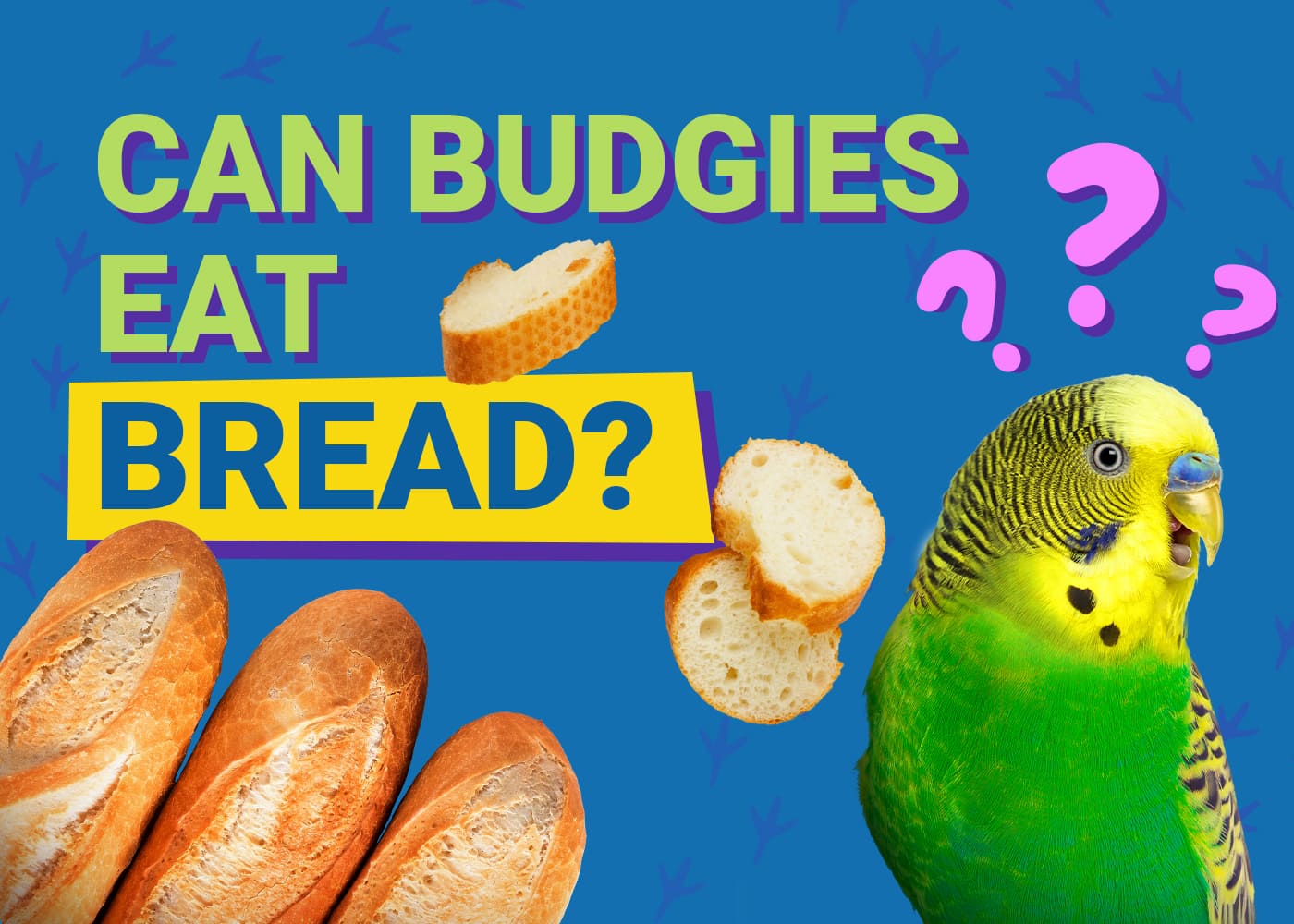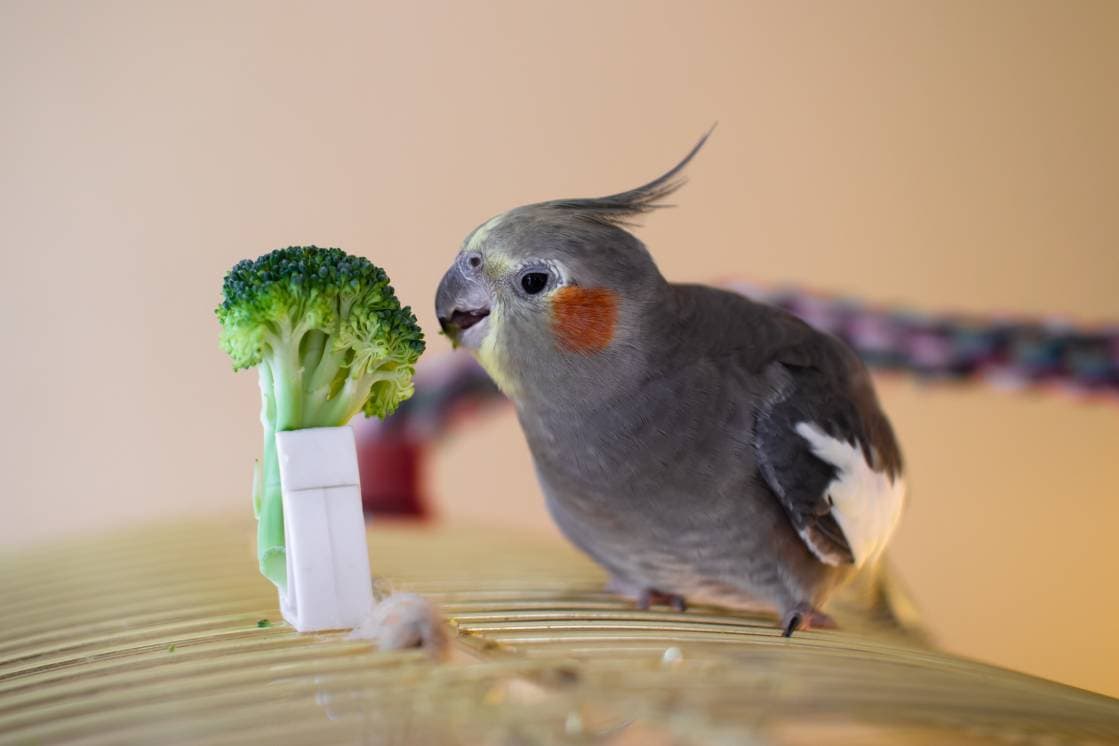
Hummingbirds are tiny and adorable, and these traits can tempt you to adopt one as a pet. But can you adopt a hummingbird as a pet, and what would you need to do to care for one if you did?
We break down everything that you need to know here, but spoiler alert: No they don’t make good pets and you shouldn’t try to head out and catch one anytime soon.

Can You Own a Hummingbird as a Pet?
If you live in the United States, it is 100% illegal to own a hummingbird as a pet. There are no workarounds or loopholes — if you’re keeping a hummingbird as a pet, you’re breaking the law.
The minimum fine for owning a single hummingbird as a pet is $15,000, but that amount can soar as high as $200,000! There are multiple reasons for this, but the short answer is that you cannot have a hummingbird as a pet.

Do Hummingbirds Make Great Pets?
Let’s imagine that you lived somewhere where owning a hummingbird as a pet wasn’t illegal: Would they make a great pet then? The short answer is no. Not only is it incredibly difficult to care for one, but you’re also not going to be able to domesticate them.
Instead, you’re going to have a captive bird, not one that views you as an owner or gives you any of the typical rewards that come from owning a pet.
Dietary Concerns
While it’s nice to leave sugar water out for migrating hummingbirds, the truth is that they need far more than that to survive. They have exotic dietary requirements that are extremely hard to replicate.
You’ll likely need an entire greenhouse to capture all the plants and nutrients that a hummingbird needs, and your hummingbird will need full access to it all the time. That’s because they need to eat every 10 to 15 minutes.
That means no dry spells for your greenhouse. If your plants die, so does your hummingbird, and you need to keep them blooming year-round too!

Small Size
Hummingbirds are small — like, extremely small. Most hummingbirds have a similar weight as a dime. This means that if you try to handle them at all, there’s an extremely good chance that you’ll injure or even kill them.
Basically, you’ll have a pet that you can’t touch or even try to domesticate because if you try, you’ll likely kill them in the process.
Not Enough Exercise
Part of owning a bird is ensuring that they can get enough exercise to stay happy and healthy. Considering that hummingbirds need to fly at speeds of 30 to 45 miles per hour, you’ll need an extremely large space for them to fly around in.
But even if you keep them in a super large greenhouse, those superfast speeds can end up hurting them. If they fly into something that they shouldn’t at 30 or 45 miles per hour, it can injure or kill them, and they’re not used to manmade objects.

They’ll Peck You
It’s not that a hummingbird is mean. If you leave them alone in the wild, they’ll never bother you. But when you try to handle them, no matter how gently, they’ll get scared and peck you to try and defend themselves.
They have an extremely sharp and hard beak that can do a ton of damage. But if you react at all, you’ll likely injure them. Of course, they can injure you if you don’t do anything, and neither of these is a good result.
Rethinking a “Pet”
Even if you captured a hummingbird, you’re only getting a captive wild bird, not a true pet. They won’t do tricks or respond to you in any way, and you won’t be able to handle them. So instead, all you’ll get to do is watch them, which is exactly what you can do with a wild hummingbird.
If that’s what you’re viewing as a pet, anyway, why not set up a few feeders in your yard and leave them alone in the wild? It’s the same experience, and both the hummingbirds and your neighbors will thank you for it.
That wild hummingbird technically isn’t your pet, of course, but why not view them the same way that you would a cat that stops by for the occasional treat?

- Related read: Do Hummingbirds Migrate? Where Do They Go Every Winter?

Final Thoughts
If you’re thinking about getting a pet hummingbird, it’s time to face the facts: Everyone is better off if it doesn’t happen. If you want a small, domesticated bird, why not go for a finch instead? They’re far easier to take care of, they’re still cute and adorable, and most importantly, it’s legal.
Featured Image Credit: Ondrej Prosicky, Shutterstock







